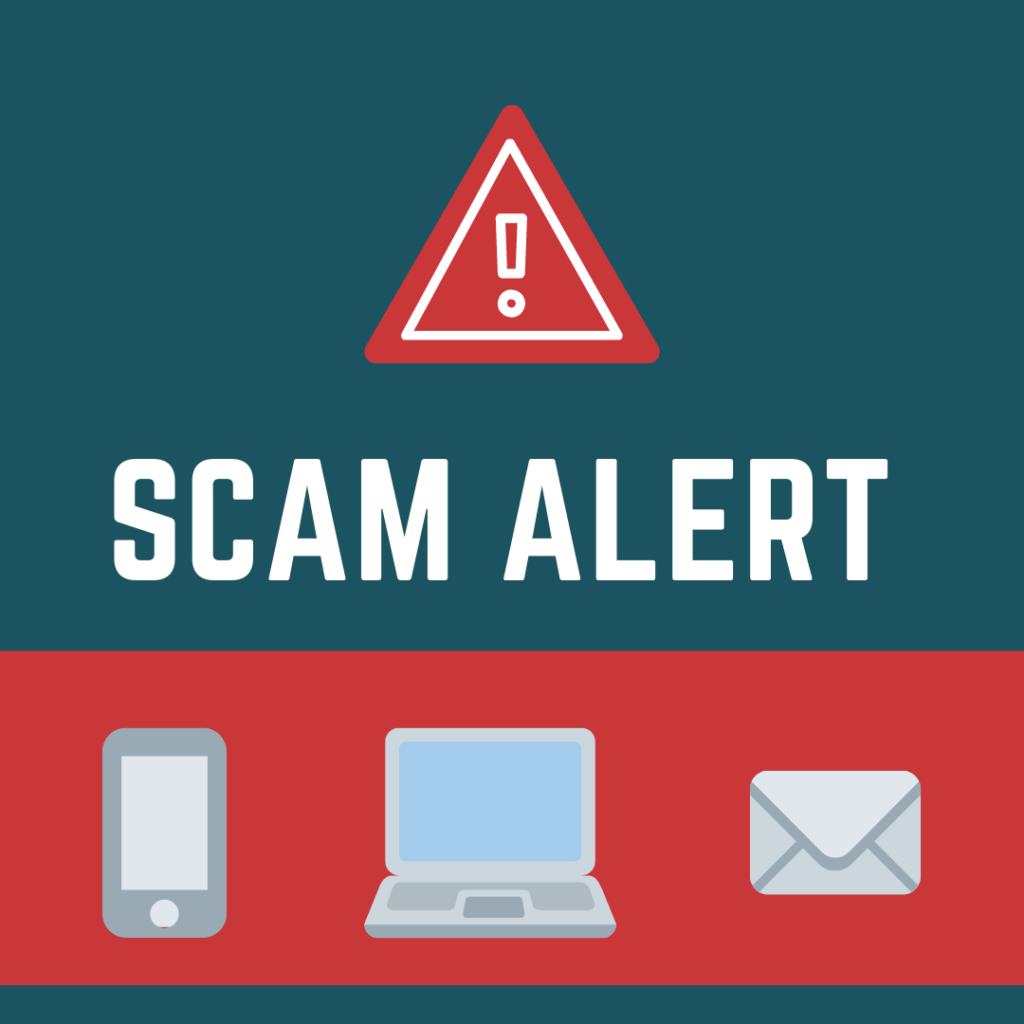There are always people out there who are looking for ways to trick people out of their money and personal information. There have been several new scams recently, so we are going to explain ways to identify scams and how to protect yourself.
SCAM #1 – A caller says they are a contact tracer and you may have been exposed to COVID-19 and asks you to pay for a test kit.
- Contact tracers will not ask you for payment.
What to do? Do not give any payment information to someone who calls you on the phone.
SCAM #2 – Calls asking for your PIN, password, personal information or a payment.
- Your bank will not call you and ask you for your PIN number or password.
- IRS and Social Security Administration will not ask you for payment or personal info over the phone. Government agencies usually handle issues like this by sending a letter.
- The number shown on caller ID can be manipulated, don’t take that as a sign that a call is legitimate.
What to do? Whenever you are in doubt, hang up and call the bank (or company) directly using a number you already have for them.
SCAM #3 – Email asking you to click a link to verify your personal information or share your password or PIN.
- Be very suspicious of emails asking you to click links.
- Scammers are very good at creating official looking emails and webpages.
What to do? Whenever you are in doubt, go directly to the website (not using the link in the email).
SCAM #4 – You see an offer online telling you to send them some money and they will double it or a pop-up ad says that you have won a great prize and just need to give them your information.
- When something sounds too good to be true, it usually is.
What to do? Do not give your personal information or any money to people you don’t know.
SCAM #5 – You receive a call and you are told to stay on the phone while you go transfer or withdraw money from the bank and if you don’t you will be arrested or your bank account seized.
- They are using the idea that this is an urgent situation to make you act quickly without thinking to avoid the consequence they have told you.
What to do? Do not follow their instructions.
Whenever you are in doubt, do not do as the caller or email asks. Check with your host parents or community counselor.
One other note: It is very important to keep your social security number private. There are very few situations where you will need to share this (bank, IRS, motor vehicles). Those are times you are taking an action and need to provide it. There is not a legitimate time where someone would be calling you on the phone or emailing you asking for that number.
Image: Canva.com

